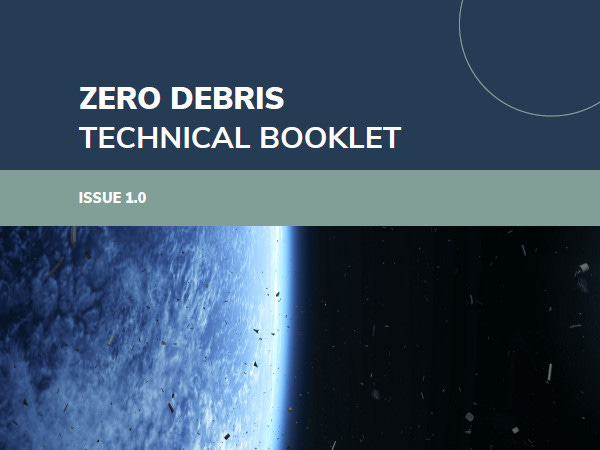Zero Debris Technical Booklet Published
Identifies Technical Solutions Which Will Contribute to a Zero Debris Future
The Zero Debris Community – of which ESA is a member – has published the Zero Debris Technical Booklet. The Technical Booklet is a Zero Debris Community initiative which identifies technical solutions which will contribute to a Zero Debris future. The document is a companion to the Zero Debris Charter and lays out some of the most important technical de…




